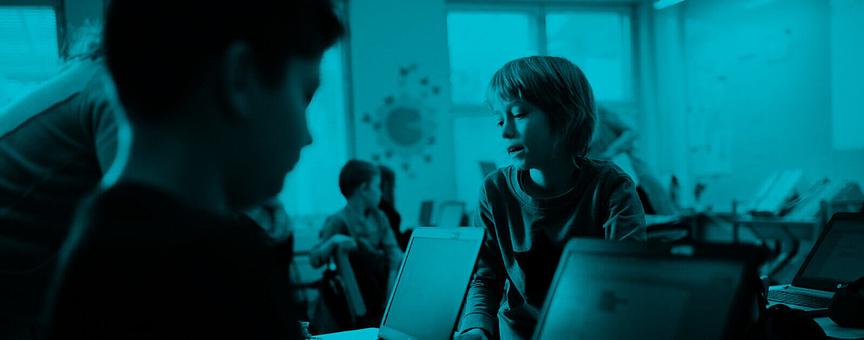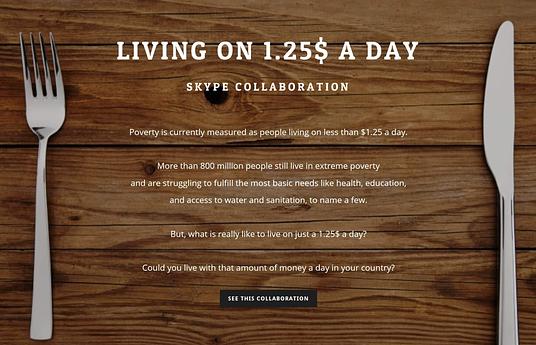The financial skills of people is a growing concern in Finland. Over 90 % of the Finnish teachers and students think that teaching financial skills is important. At the same time only one out of five students feel that they receive adequate financial expertise during education.
The traditional ways of using money have declined as card and mobile payments are becoming more and more common. At the same time the number of different financial problems has increased. On the other hand young people use smoothly different digital applications as a part of their own financial management.
Together with OP Financial Group, HundrED looked for the best innovations of financial skills from Finland and other parts of the world. The goal was to identify how young people learn financial skills now and how they could be best taught in the future. The Spotlight report shows that broad-based cooperation between various actors is essential in learning of financial skills. The basics of financial skills are included in curricula, but the importance of role models for wise financial management remains crucial for young people. In addition, the learning of financial skills promotes the integration of immigrant youth into society.
In the Spotlight report, we have compiled useful innovative models for improving the financial skills of the youth. The underlying theme throughout the Spotlight is that the best way to improve young people's financial skills is to discuss financial management and spending with them. Read more about the selected innovations from The Spotlight on Financial Skills for the Youth report.





